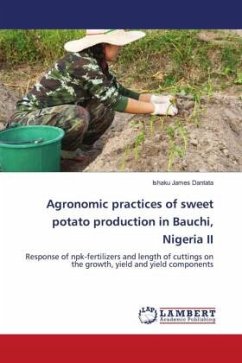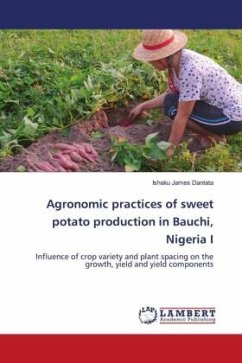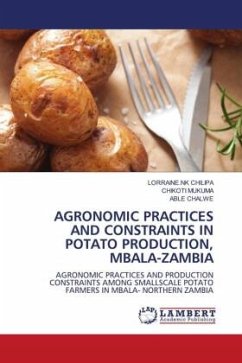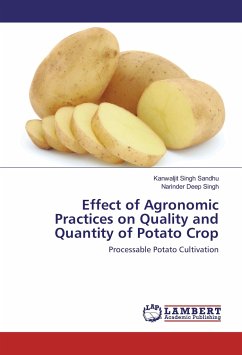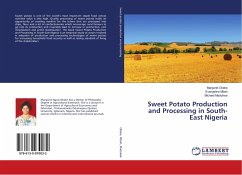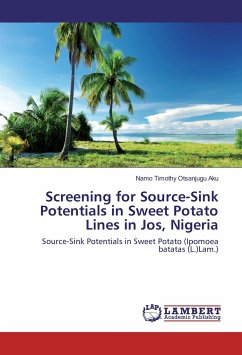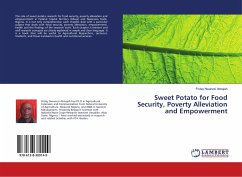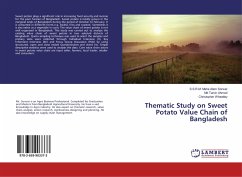Sweet potato is cultivated within the arable fields as a valuable source of human food, animal feed and industrial raw material, contributing positively to the food situation, security and economy of the populace. The crops' production, marketing and utilization have expanded to almost all ecological zones of Nigeria and other parts of the world. However, its sustainable contributions have not been fully determined due to snag, especially in management of critical soil fertility and planting materials. The performance of sweet potato in a 3-year field experiment during the 2007, 2008 and 2009 wet seasons conducted at the Teaching and Research Farm of Abubakar Tafawa Balewa University, Bauchi, Nigeria under 4 by 2 by 4 factor combinations of N0, P0, K0; N100, P150, K200; N150, P200, K250; N200, P250, K300 kg ha-1 and 30 and 45cm lengths of cuttings was determined and outlined in the book in order to increase production and associated economic revenues to farmers in the region and related parts of the world.
Bitte wählen Sie Ihr Anliegen aus.
Rechnungen
Retourenschein anfordern
Bestellstatus
Storno

